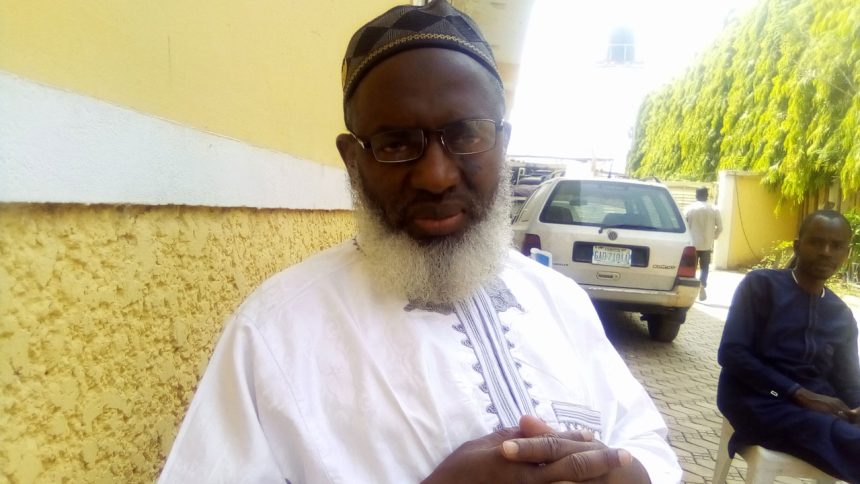Islamic scholar Sheikh Ahmad Abubakar Gumi has denied supporting bandit groups in northern Nigeria, insisting his involvement is strictly humanitarian and aimed at peacebuilding.
His statement comes amid renewed kidnappings, school closures, and heightened Federal Government security measures across the region.
Speaking on Frontline on Eagle 102.5 FM, Gumi defended recent calls for his arrest, emphasizing that he is a peacemaker, not a spokesman for armed groups.
“I am absolutely a peacemaker. I don’t want bloodshed. Nigerians often forget that our military personnel also risk their lives daily. We recently lost a Brigadier General in a Boko Haram operation,” Gumi said.
He highlighted the influence of international networks supporting terrorist activities and warned against misrepresenting the crisis as a religious conflict. “There is no Christian-Muslim war in Nigeria. Anyone pushing that narrative is misinforming the public,” he added.
Gumi explained that many armed herders lack legitimate channels to express grievances, which can drive violent confrontations. “Understanding their side is the only way to propose a cure,” he said, stressing dialogue as the only sustainable solution.
He defended his visits to bandit camps, saying they were conducted under the knowledge and invitation of government authorities, including Zamfara State officials, to hear grievances and facilitate peace.
The cleric also called for structured amnesty programs similar to those in the Niger Delta to encourage bandits to surrender and integrate peacefully. He recommended phased ranching projects and model grazing routes to reduce conflicts between herders and farmers.
Gumi cautioned against foreign military involvement, emphasizing that Nigeria must resolve its security challenges internally. He clarified that his interventions are not financially motivated, saying, “If I wanted money, I would join politics. I am a medical doctor and former military captain; I do not need money from this.”
Sheikh Gumi’s statements underline a growing call for dialogue, structured reintegration programs, and local solutions as Nigeria grapples with rising insecurity in the north.



